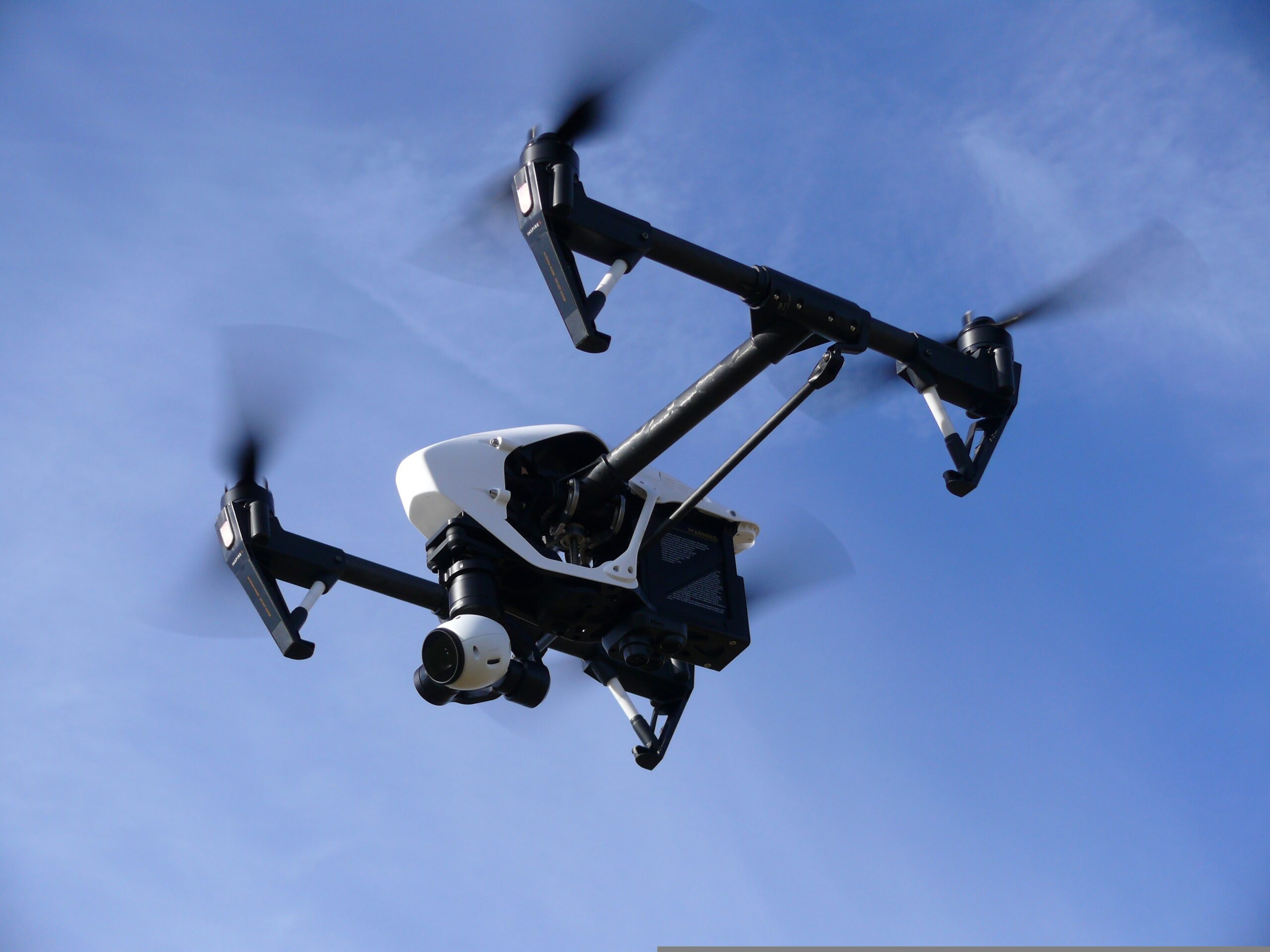Grant Shapps says that the number of army troops is no longer a reliable measure of a nation’s military strength, with the war in Ukraine showing the impact of cyber
Defence secretary Grant Shapps has stressed the need for the UK military to continue to invest in technology to operate more effectively in a world where “the nature of warfare has fundamentally changed”.
The cabinet minister claimed that there are still those who judge a country’s military prowess purely on the size of its army.
“I get that the number of troops is often used as a proxy somehow for the strength of your armed forces. And I’m not against having more troops,” he said in an interview with PublicTechnology sister publication The House.
He added: “People thinking that the number of people in the army specifically – for some reason the navy and the air force, and what happens in space, and what happens on cyber, are not thought about – is the true measure [of military strength] are not understanding the world as it is.”
Based on figures in the 2024 Global Firepower review, the United Kingdom ranks sixth out of the top 10 military powers, and 30th out of 145 nations for active personnel.
Related content
- Defence review set to bring fleets of drones and high-tech Whitehall ‘situation room’
- UK and US launch joint military operation to tackle cyberthreats
- The fog of cyberwar
But Shapps said: “The nature of warfare has fundamentally changed. While, generically, my answer is, of course, I always want more and greater volume [of troops] and what have you, the reality is, what is it you’re not going to have because you’re going to do that?”
The defence secretary said that, in practice, this means prioritising investment in electronic warfare, space capabilities and drones, rather than simply boots on the ground.
“In Ukraine, we know that cyber warfare and electronic warfare have been absolutely critical to the war,” he said. “It’s not about having another 20,000 troops. It’s about having the skills and the science.”
Shapps recently unveiled a new Defence Drone Strategy, which promises to deliver the autonomous technology – referred in military parlance as uncrewed systems – to the British army, Royal Navy and Royal Air Force.
The plan sets out four key objectives: to expedite reforms of procurement; to build a resilient industrial supply chain; to set technical architecture standards to support integration; and to foster a culture of innovation.
In the strategy’s foreword, defence procurement minister James Cartlidge said: “Low-cost solutions are increasingly defeating more exquisite capabilities and delivering disproportionate impact on the battlefield. The UK must learn from the Ukrainian experience, amongst other lessons, to position ourselves as a world leader in uncrewed systems. This will require changes in our processes, culture and relationship with industry. We will need to foster a culture of delivery-focused innovation across defence, able to rapidly pull research and development breakthroughs into the frontline. The UK’s leading manufacturing, robotics and digital sectors will be vital in supporting defence.”

The full interview with the defence secretary can be read here




